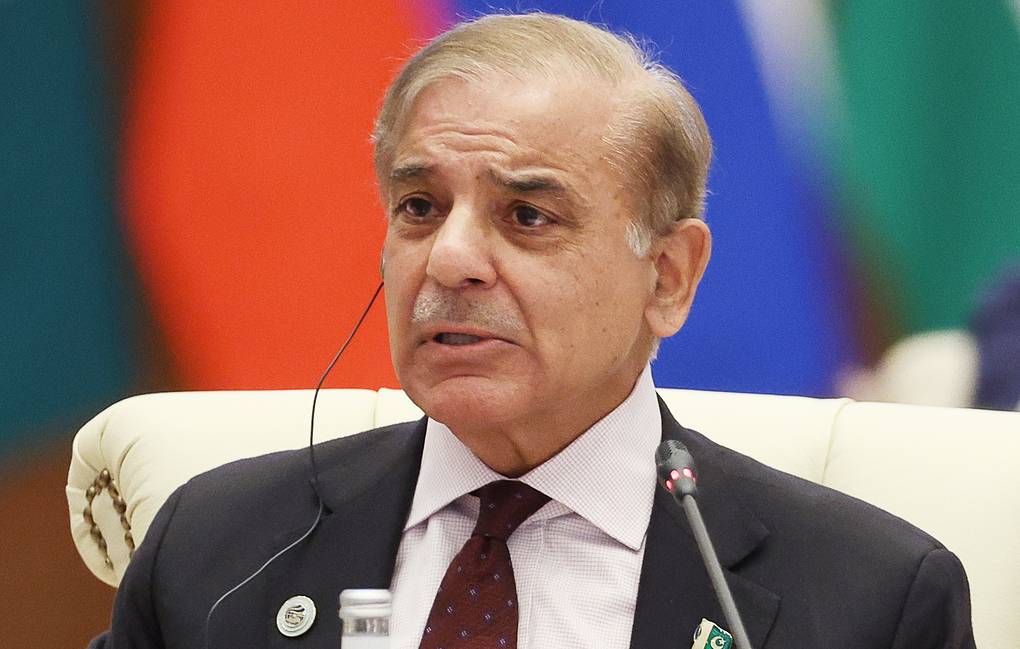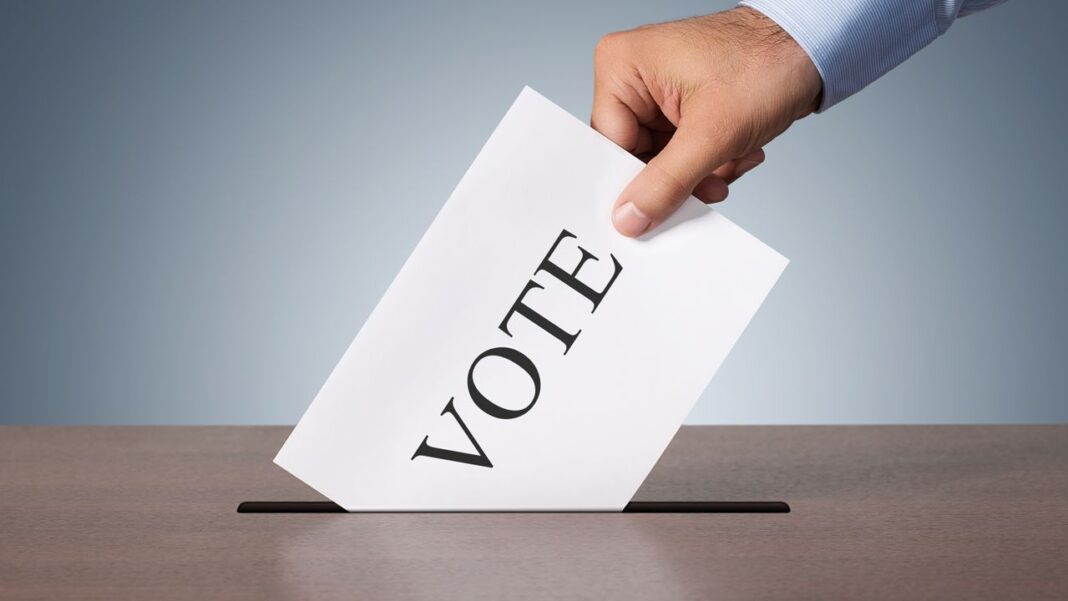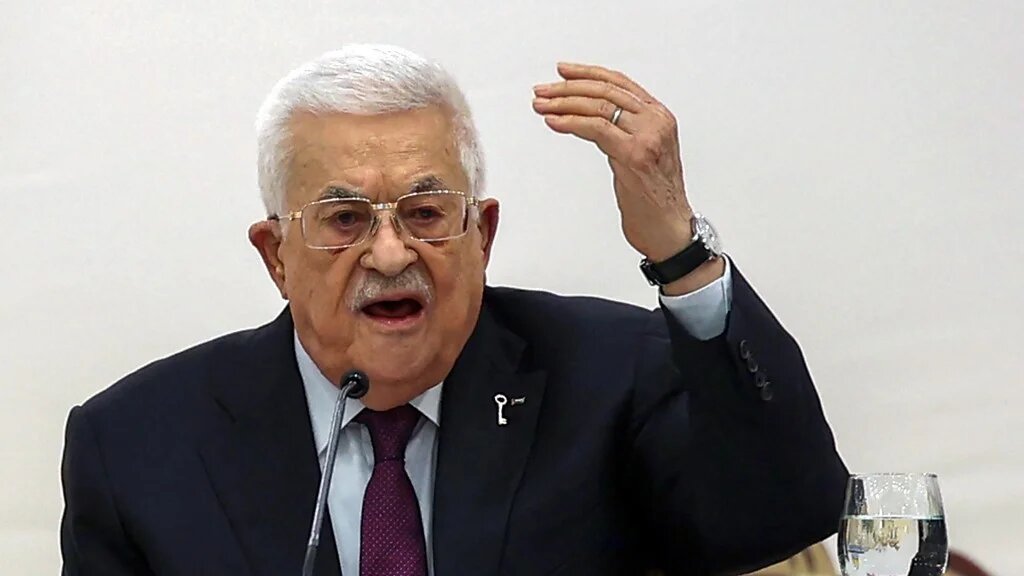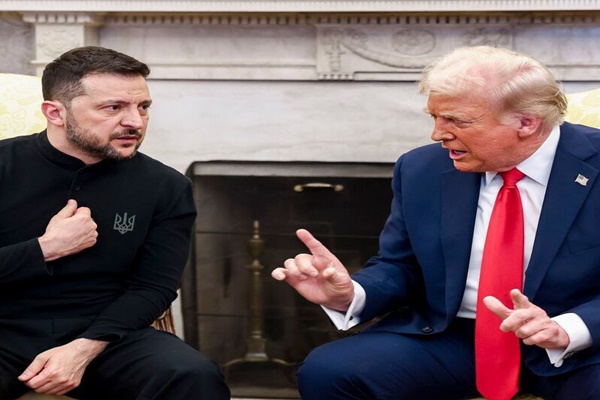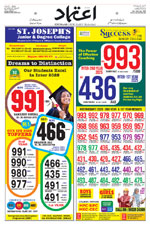Middle class in small towns: Has PM Modi missed the top target in digital drive?
Tue 21 Feb 2017, 07:18:16
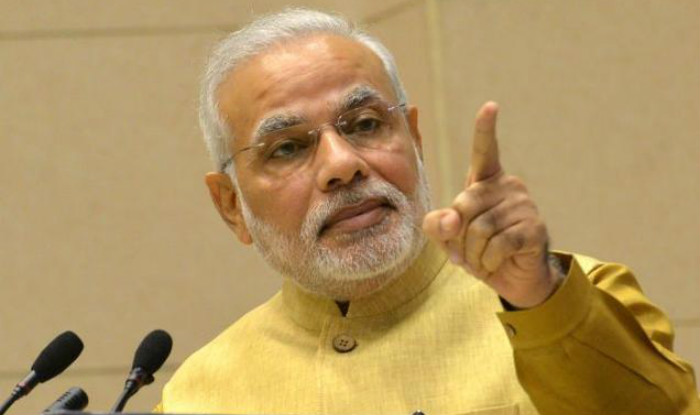
Ever since Narendra Modi government announced the demonetization of currency notes of Rs 1,000 and Rs 500 denomination, there has been a vigorous push towards the promotion of digital payments. Existing schemes were prioritized, new plans and incentives for digital transactions were announced.
While the government's plan was to attract as many citizens as possible into the digital fold, it might have failed to focus on an easy target - the middle class in small towns across India.
A report prepared by global consultancy Deloitte, released during a CII event in Delhi on February 16, could be handy for the government's future plans, as it specifically looks at "decoding the unexplored middle", through a study on digital financial services for the emerging middle class in tier 2, 3 and 4 centres in India.
And the prescriptions are not directly meant for the government, but for the digital financial service providers - the banks, payment wallets, credit card service providers etc. - to make their products better suit the needs of the customer. By sweetening these efforts through government intervention, digital inclusion can only be faster.
The key finding of the report is that mere creation of digital infrastructure and providing access - the current focus of the government - may not be sufficient to give digital financial service providers the ability to capture emerging middle class (EMC) markets. The study defines EMC as a section of households with an annual income between Rs
1,50,000 to Rs 10,00,000. The key to attract this segment lies in earning the trust of and delighting the customer through simple, clear, easy to understand, real and intuitive products, services or experiences, the report suggests.
1,50,000 to Rs 10,00,000. The key to attract this segment lies in earning the trust of and delighting the customer through simple, clear, easy to understand, real and intuitive products, services or experiences, the report suggests.
The report identifies six value propositions for industry stakeholders to make the transition from digital enablement to digital empowerment happen.
It calls for a combination of existing and innovative technology driven channels including the smart phones. Demographics based offerings is another suggestion. Approach towards customer profitability instead of product level profitability has been proposed. Handholding and financial literacy through organizations like NGOs, trade bodies etc have also been suggested.
The report highlights the need for larger stakeholder participation in making the government's digital push, a success.
It should be noted that a committee of Chief Ministers headed by Andhra Pradesh Chief Minister Chandrababu Naidu, has already proposed various incentives for consumers and merchants in the form of cash back on digital spends, discounts on government payments via digital means, incentives to banking correspondents (BCs) and small merchants for encouraging digital transactions.
The government had also announced two schemes - Lucky Grahak Yojana for consumers and Digi-Dhan Vyapar Yojana for merchants to attract general public and facilitate significant behavioural change among public towards digital transactions.
No Comments For This Post, Be first to write a Comment.
Most viewed from National
Most viewed from World
AIMIM News
Latest Urdu News
Most Viewed
May 26, 2020
Do you think Canada-India relations will improve under New PM Mark Carney?
Latest Videos View All
Like Us
Home
About Us
Advertise With Us
All Polls
Epaper Archives
Privacy Policy
Contact Us
Download Etemaad App
© 2025 Etemaad Daily News, All Rights Reserved.

.jpg)
.jpg)
.jpg)
.jpg)
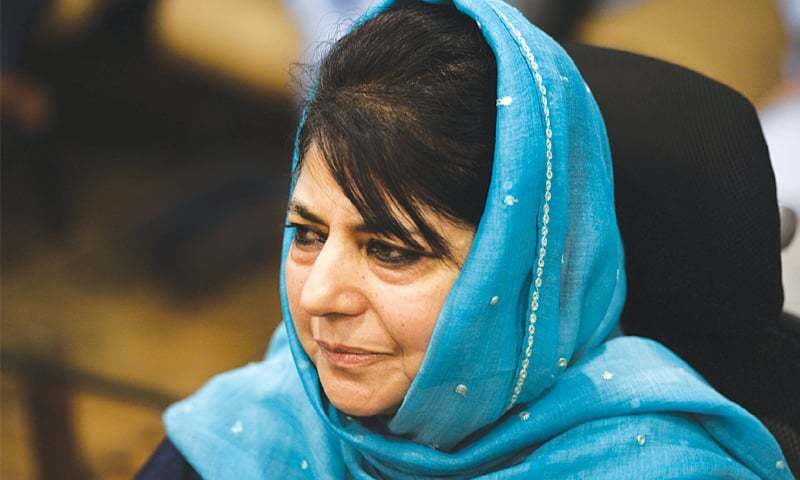


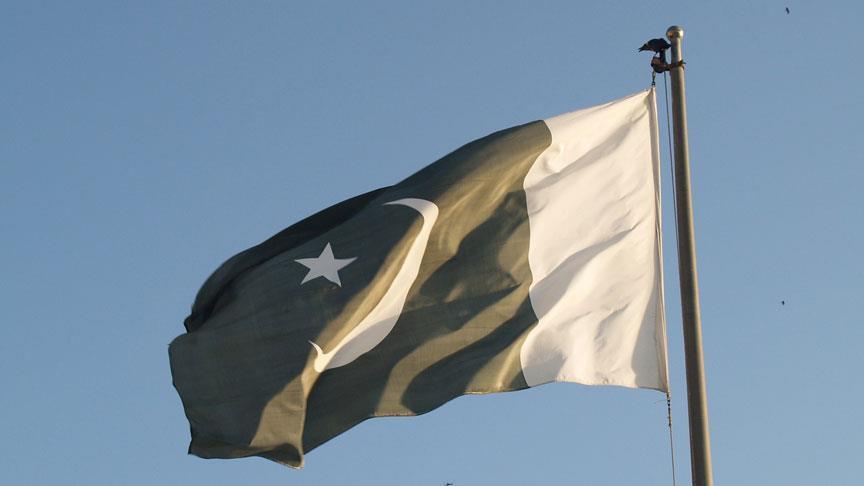
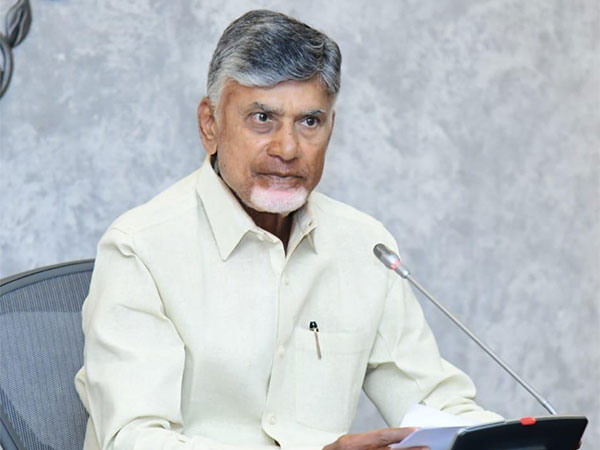

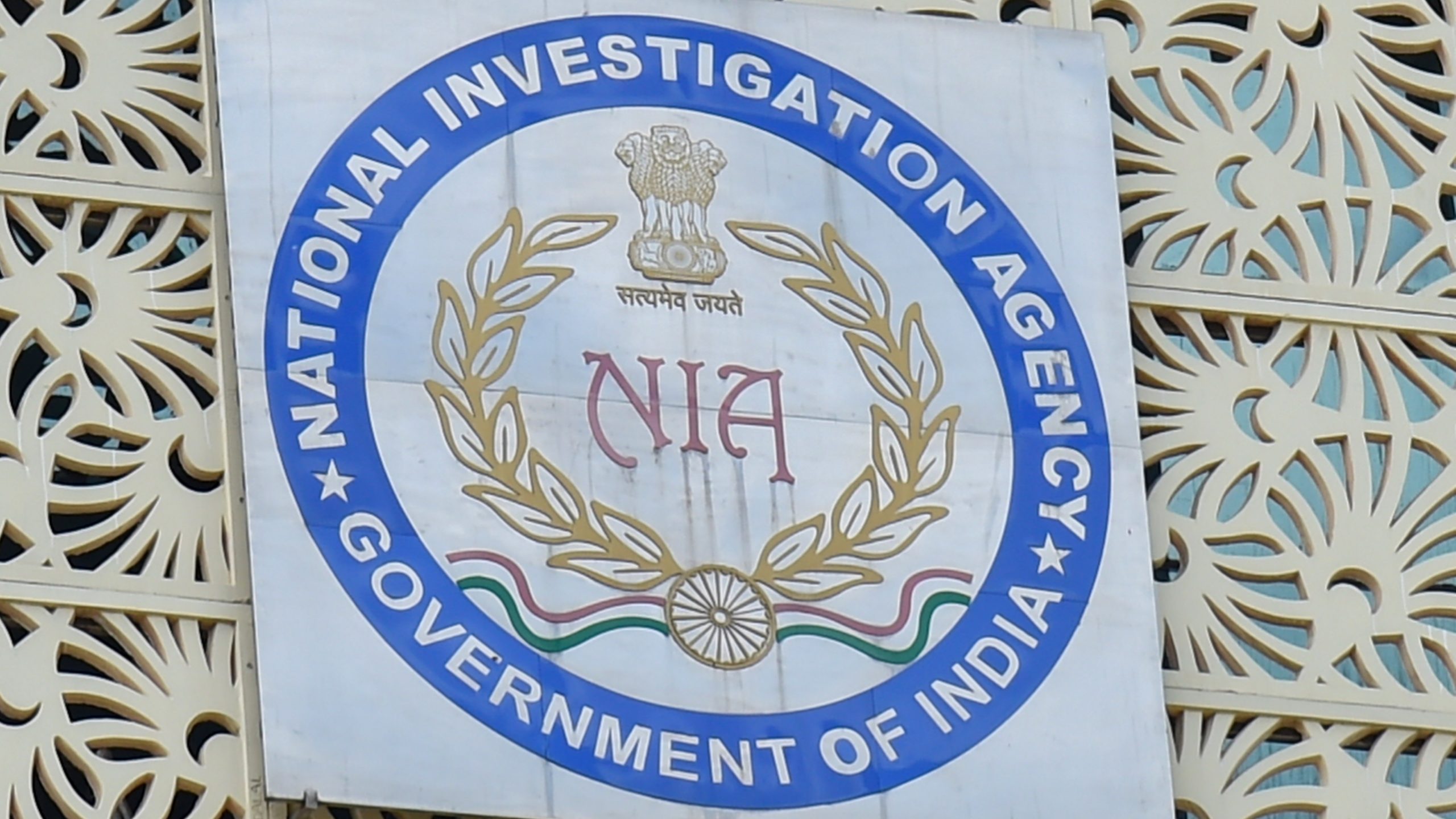
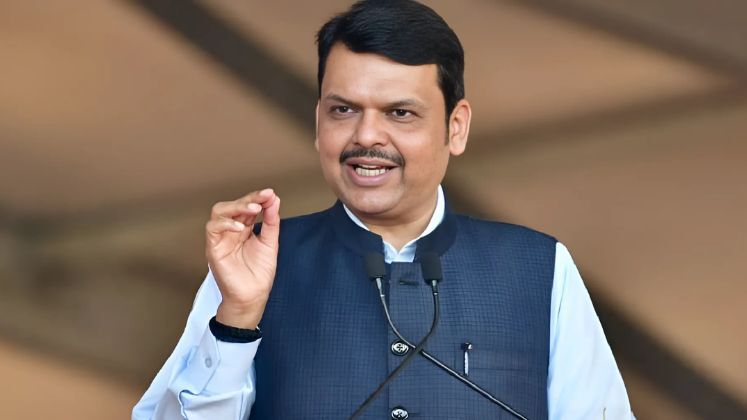
.jpg)
.jpg)
.jpg)
.jpg)
.jpg)
.jpg)
